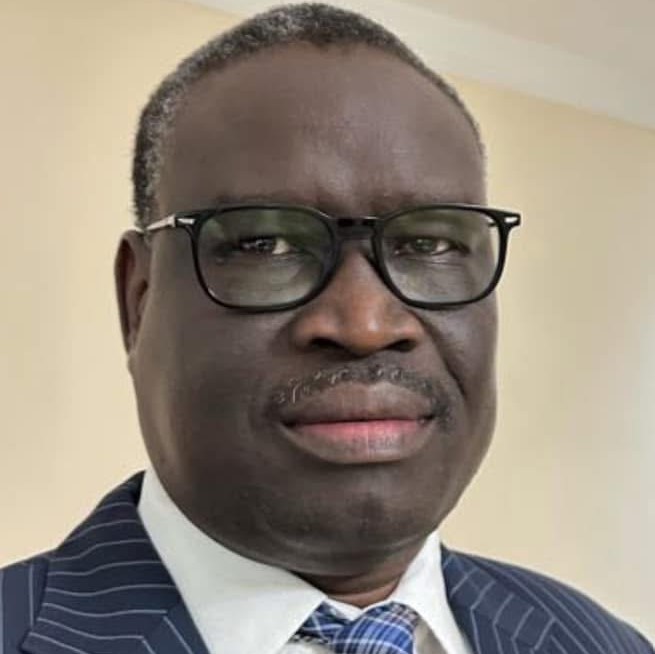In South Sudan, politics often looks less like a contest of ideas and more like a restless marketplace of shifting loyalties. Politicians frequently move between parties, factions, and alliances—not out of ideological conviction, but because survival in the country’s volatile political landscape demands constant repositioning. This behavior—what many call political nomadism—has become one of the clearest signs of South Sudan’s fragile statehood.
At first glance, it seems like pure opportunism. But political nomadism is rooted in deeper structural problems. Oil revenues, the backbone of the economy, have turned politics into the main gateway to wealth. Without a diversified economy or strong institutions, politicians see affiliation as a tool for accessing resources, not for pursuing a program.
The country’s history since the liberation struggle provides repeated examples. Senior leaders who once fought side by side have, at different moments, broken away, formed rival movements, and later returned to the fold. High-ranking officials in government have shifted to the opposition, only to return again when new political bargains were struck. Military commanders have defected during times of crisis and rejoined after peace deals, often repeating the cycle when promises went unfulfilled.
These shifts are not random betrayals—they follow a pattern. South Sudan’s ruling elites often tolerate, and even encourage, such movements as a way of managing power. By keeping alliances fluid and unstable, they prevent rivals from consolidating lasting coalitions. Chaos, in this sense, is not always a weakness—it can serve as an instrument of control. Combined with the enduring weight of tribal loyalties, the result is a political culture where alliances are fragile, defections frequent, and institutions perpetually weak.
Yet tribalism alone cannot explain the phenomenon. Even individuals from the same communities often split apart when interests diverge. What drives political nomadism is not only identity but also the pursuit of survival in a system built on patronage and access to rents.
The cost is enormous: institutions remain weak, corruption deepens, and society grows more divided. Legal bans on defections will not solve the problem—if anything, they risk producing greater repression. What South Sudan needs is not prohibition but transformation: stronger political parties, reforms that reduce patronage, and an economy less dependent on oil.
Until then, political nomadism will remain the default strategy of survival in South Sudan’s fragile order. It is both a symptom of the country’s deeper dysfunctions and a reminder that stability cannot be built on shifting sands.
The writer, Samuel Peter Oyay, is a South Sudanese political activist, strategist, and commentator with over two decades of experience in governance and management. He can be reached via samualjago@yahoo.com
The views expressed in ‘opinion’ articles published by Radio Tamazuj are solely those of the writer. The veracity of any claims made is the responsibility of the author, not Radio Tamazuj.




